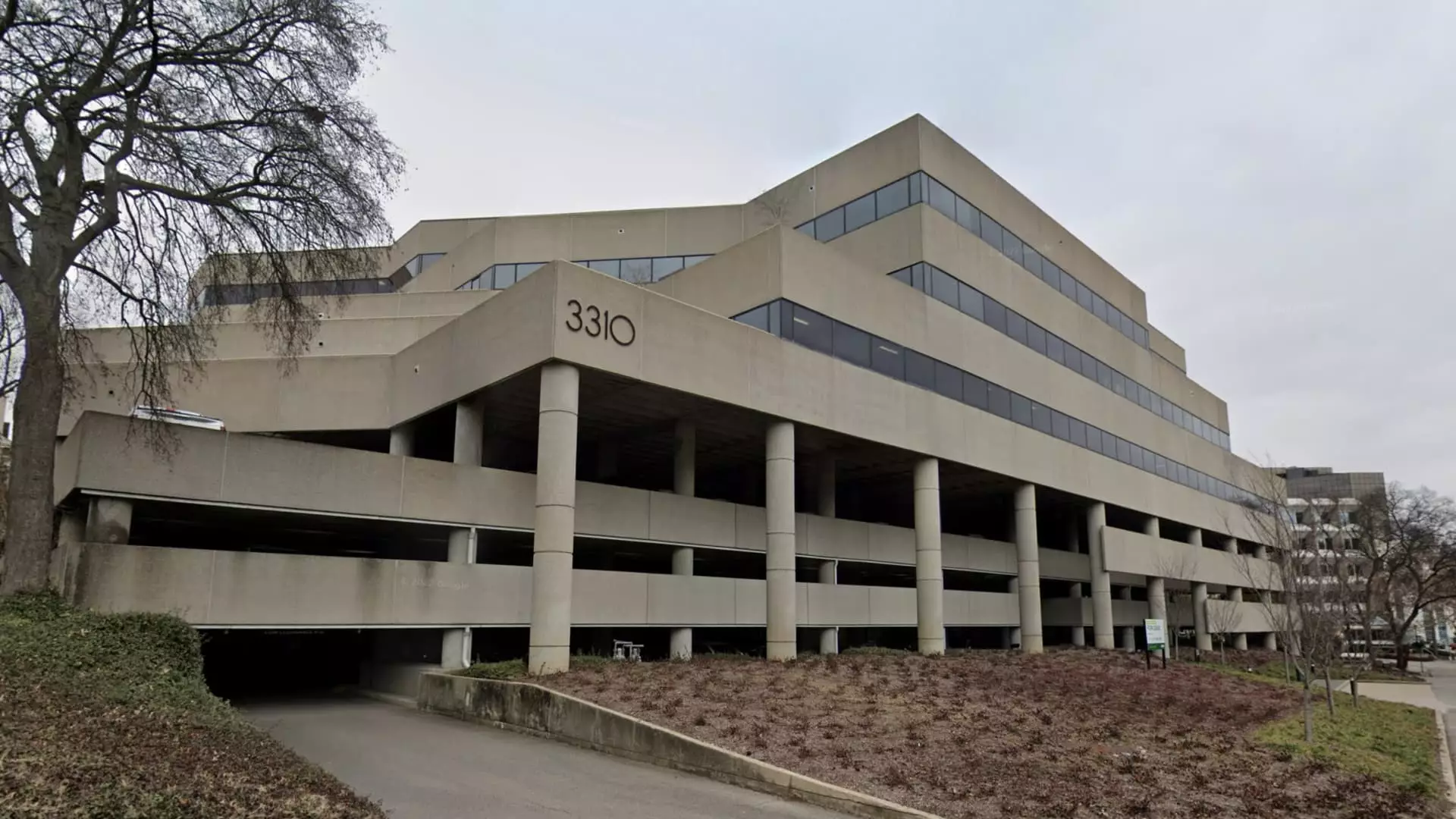The landscape of real estate investment trusts (REITs) focused on healthcare is undergoing significant transformations, with Healthcare Realty Trust (HR) positioned uniquely within this evolving paradigm. Amidst struggles with operational efficiency, shareholder pressures, and potential buyout opportunities, the company stands at a crossroads—one that could significantly impact its future trajectory and shareholder value.
Healthcare Realty Trust operates as a self-managed and self-administered REIT, managing a diverse range of outpatient medical facilities primarily situated around hospital campuses. The company has built an extensive portfolio comprising nearly 700 properties that collectively cover over 40 million square feet, distributed across 15 high-growth markets. This strategic positioning serves as a solid foundation for growth, especially when considering the rising demand for medical services due to an aging population. However, the reliance on strategically advantageous locations alone is no longer sufficient for sustained success; operational efficiency has emerged as a crucial factor for shareholder satisfaction and long-term viability.
Despite Healthcare Realty Trust’s robust asset base, recent financial metrics indicate troubling operational inefficiencies. Notably, property operating expenses have burgeoned from 31% to 37%, outpacing peers significantly. This uptick in expenses contributes to a funds from operations (FFO) yield of 9%, which starkly contrasts the more favorable 5% to 6% range typical of its competitors. Furthermore, just as its stock has depreciated by over 15%, the broader market has experienced a surge, with the Russell 2000 seeing a remarkable 33% increase. This disparity raises serious questions regarding the management team’s effectiveness and strategic foresight.
At such a pivotal juncture, the resignation of longtime CEO Todd Meredith could be seen as both a crisis and an opportunity. With his departure, the company must now consider its next steps carefully—not only in terms of leadership but also in operational revitalization.
Enter Starboard Value, an influential activist investor well-known for its considerable success in guiding companies toward operational improvements and strategic refinement. With a reported 5.90% stake in Healthcare Realty Trust, Starboard’s influence could serve as a catalyst for reform, but only if approached collaboratively. Their historical track record of average returns exceeding those of the Russell 2000 (23.37% versus 14.29%) bolsters the belief that they can facilitate meaningful changes within underperforming organizations.
Given Starboard’s ethos of enhancing operational efficiency and fostering long-term shareholder value, it is crucial to explore the potential paths forward for Healthcare Realty Trust. The company’s future could unfold in two primary directions: a focus on turnaround efforts or an outright sale to a higher-capital entity.
The first pathway would require a diligent search for a new CEO capable of steering the company back to operational health. However, given the recent merger with Healthcare Trust of America—an approximately $18 billion deal that appeared to dilute value for shareholders—there is considerable skepticism surrounding the current board’s capacity to identify suitable leadership. As shareholders rightfully question the efficacy of the board under existing circumstances, a governance refresh may be necessary. Such a shift could pave the way for Starboard to gain a board seat, thus enhancing the potential for constructive engagement that aligns with shareholder interests.
Conversely, the alternative path—one that involves exploring a potential sale—also bears immense merit. Previous interest from larger, financially robust firms such as Welltower and Healthpeak underscores the strategic allure of Healthcare Realty Trust. The significant capital with which these entities operate allows them to absorb the company and potentially enhance value for both their shareholders and those of Healthcare Realty. The prior bid from Welltower, which offered $31.75 per share compared to Healthcare Realty’s trading value of around $17.99 per share, exemplifies the potential worth that larger organizations place on Healthcare Realty’s assets.
The convergence of Starboard’s activist involvement and executive transition creates a fertile ground for decision-making. While some boards may view activist investors as adversaries, Healthcare Realty’s board should consider Starboard’s participation as a unique opportunity. Engaging them could facilitate a well-rounded approach to either restructuring operations efficiently or navigating a sale process with higher chances of success.
Starboard’s fiduciary responsibility—coupled with its strategic insights—positions them as a pivotal player in either scenario. The lessons learned from previous campaigns, such as their experience with Forest City Realty Trust, could inform a balanced, shareholder-aligned strategy that prioritizes both immediate and long-term gains.
Healthcare Realty Trust finds itself at a significant inflection point in its corporate journey. As operational efficiencies remain unaddressed, and with shareholder value under threat, the dual pathways of leadership change and potential acqusition loom larger than ever. By fostering a collaborative relationship with Starboard Value, the company can harness the strengths of an activist investor to chart a course towards sustainable success. Whatever path is chosen, the stakes are high, and the decisions made will echo across the future landscape of Healthcare Realty Trust.

